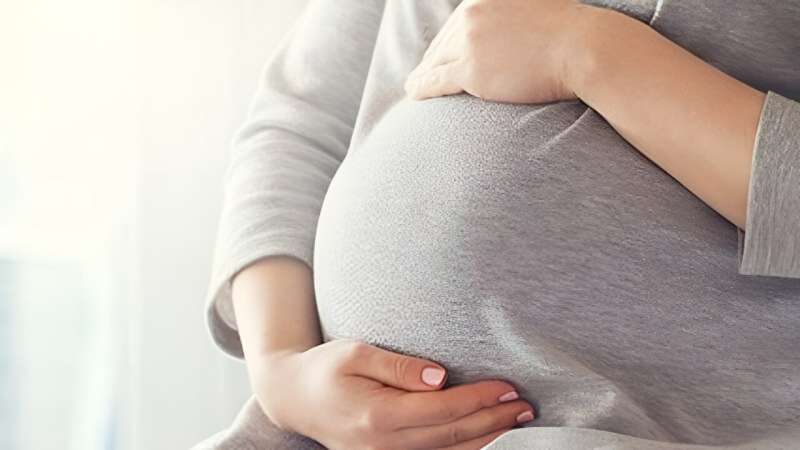A higher level of maternal autistic traits is associated with an increased risk for adverse birth outcomes, according to a study published online Jan. 23 in JAMA Network Open.
Mariko Hosozawa, M.D., Ph.D., from the National Center for Global Health and Medicine in Tokyo, and colleagues examined the association between maternal autistic traits and the risk for adverse birth outcomes in a cohort study including mothers of singletons from a nationwide, multicenter prospective birth cohort. Autistic traits were self-reported during the second and third trimesters using the short form of the Autism-Spectrum Quotient Japanese version (AQ-J10) among 87,687 women.
Overall, 2,350 (2.7%) of the women had AQ-J10 scores within the clinical range, and 18 (0.02%) were diagnosed with autism spectrum disorder. The researchers found that a higher AQ-J10 score was associated with an increased risk for all birth outcomes, including preterm births, moderate-to-late preterm births, very preterm births, and child born small for gestational age (SGA; relative risk per one-standard deviation increase, 1.06, 1.05, 1.16, and 1.04, respectively), after adjustment for maternal and pregnancy-related factors. Higher AQ-J10 scores were associated with an increased risk for all outcomes; women within the clinical range had increased risks for preterm births, moderate-to-late preterm births, very preterm births, and a child born SGA compared with women below the clinical range (relative risks, 1.16, 1.12, 1.49, and 1.11, respectively).
"Health care practitioners should acknowledge the significant perinatal health disparity experienced by women with a high level of autistic traits, particularly those with autistic traits in the clinical range," the authors write.
More information: Mariko Hosozawa et al, Maternal Autistic Traits and Adverse Birth Outcomes, JAMA Network Open (2024). DOI: 10.1001/jamanetworkopen.2023.52809
Journal information: JAMA Network Open
2024 HealthDay. All rights reserved.
























